White vs Silver vs Gold Reflectors for Photography
Reflectors are very useful tools for portrait or fashion photography. They come in all shapes and sizes, and they also come in a few different color/reflective material options. If you’re wondering about the difference between the different color options (white, silver, gold), then this post should give you a very good starting point.
No Reflector
First, here’s a self-portrait taken without any reflectors.
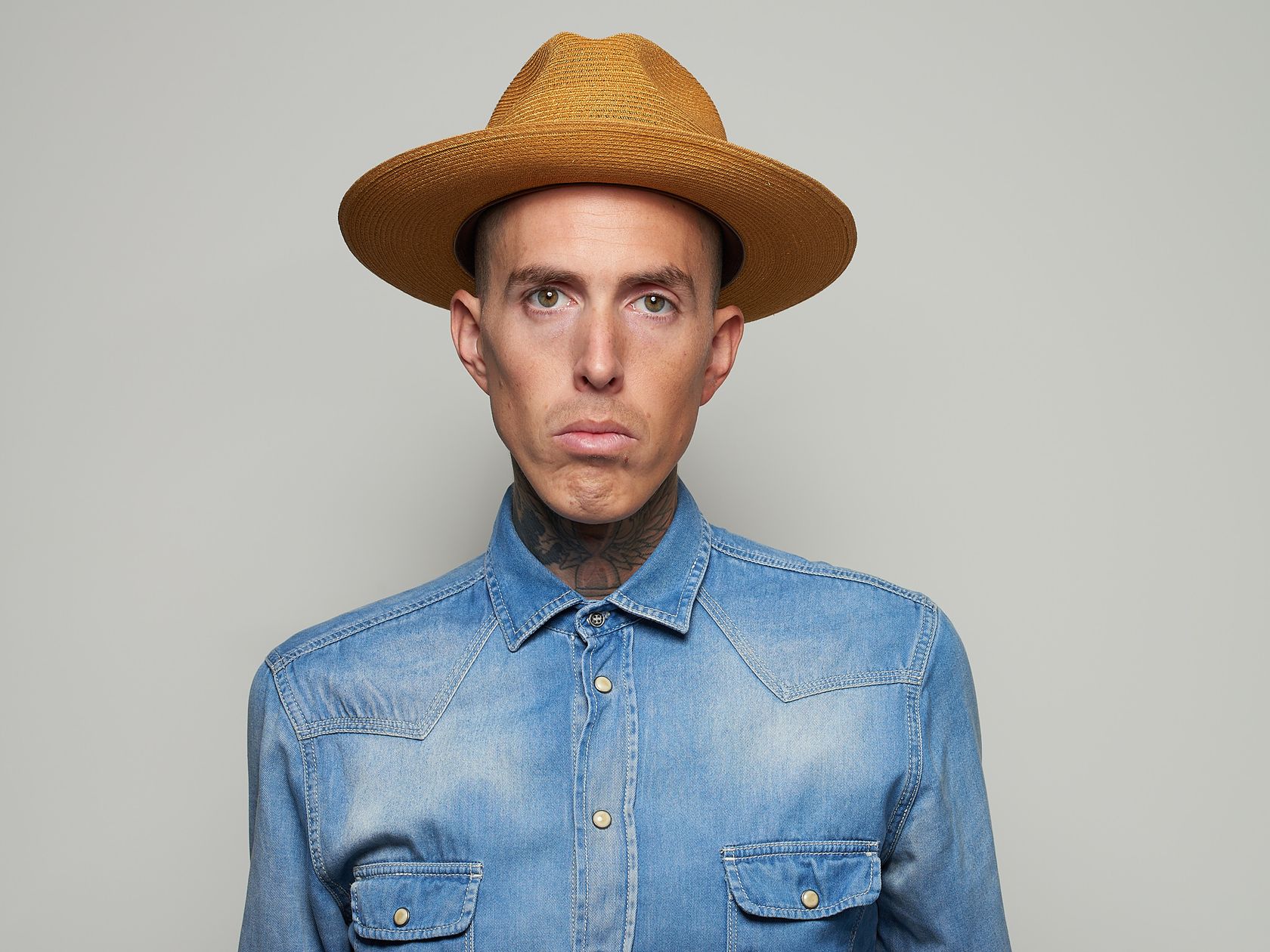
This is our baseline image. The only bottom reflection that I get in this case if from the pale wooden floor. The photo was taken using a silver beauty dish placed directly in front of me and pointing down at about a 45-degree angle.
White Reflector
Now I’m holding a large white reflector right under the frame:
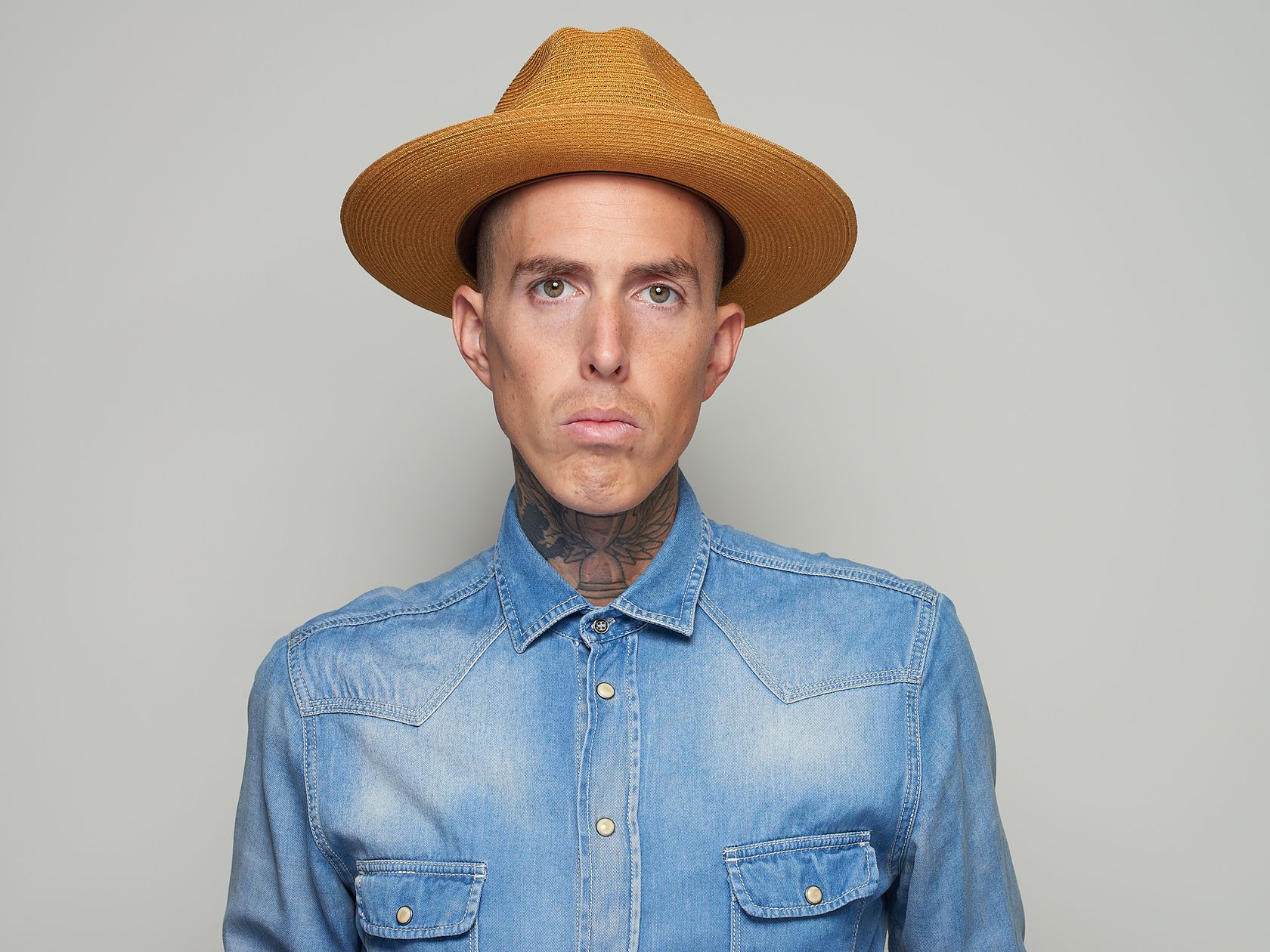
As you can see, the shadows are reduced quite nicely and evenly when using a white reflector.
Silver Reflector
Here’s the portrait, but now using a silver reflector:
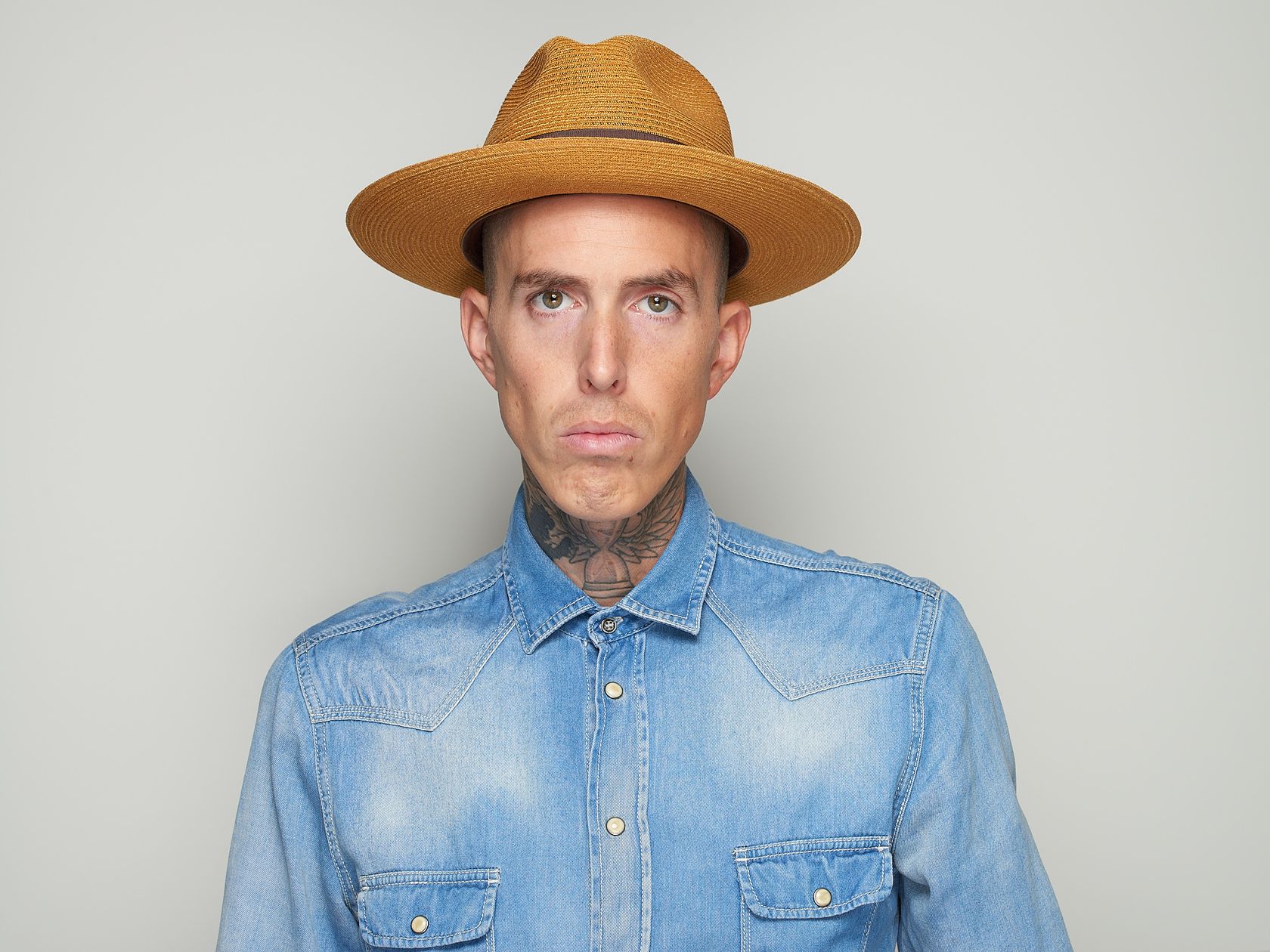
With a silver reflector the highlights will be more specular, and anything reflective/shiny will be accentuated even more compared to when using a white reflector. In the portrait here you can notice the extra specular highlight in the eye.
Gold Reflector
Now, this is what the image looks like if I use a gold reflector:
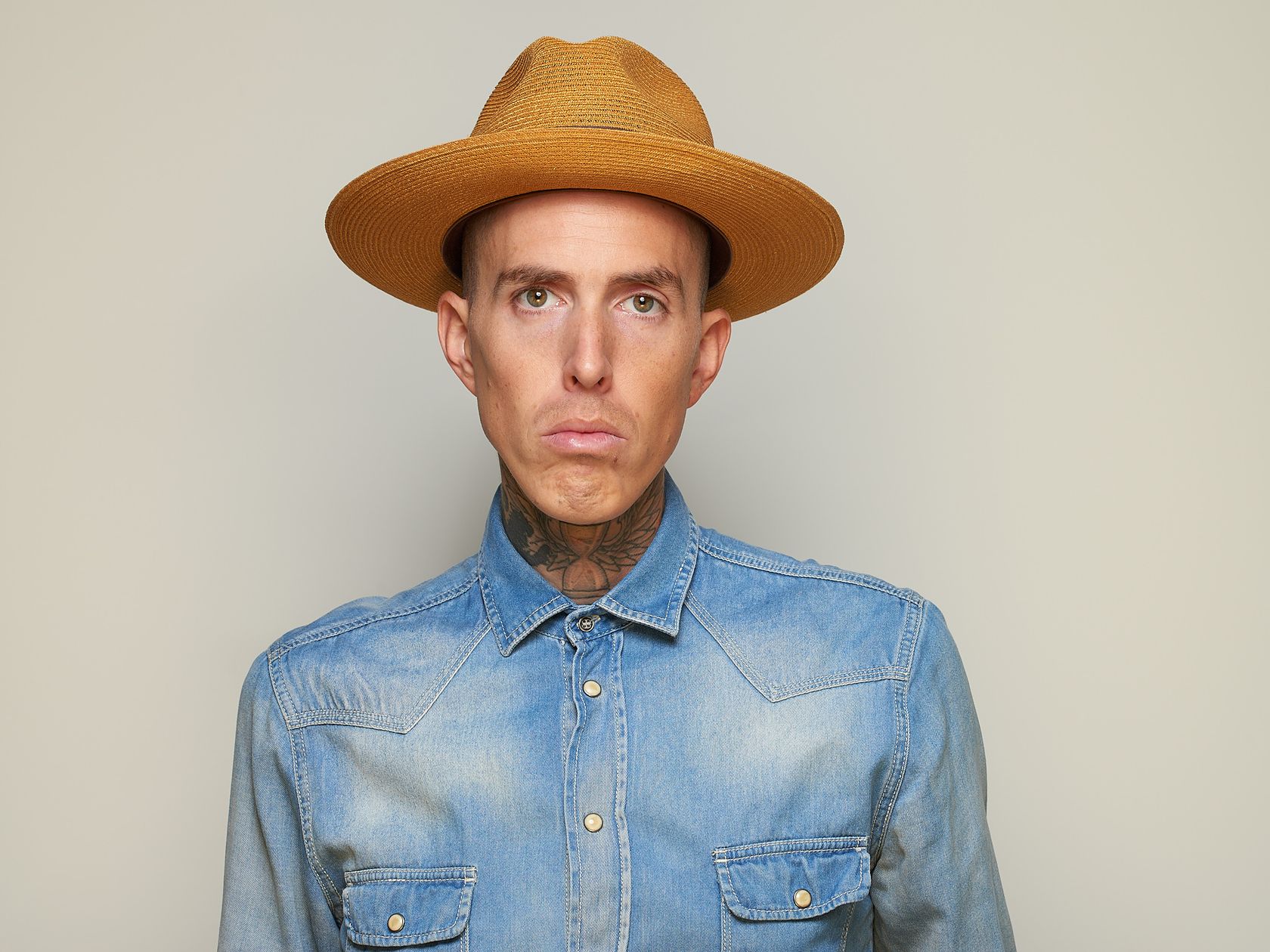
It adds a warm tone to the image. That can be useful when trying to imitate the sun, but most of the time I stay away from using a gold reflector, unless the additional gold/warm tone is something that I’m looking for.
Bonus: Negative Fill
Many of the 5-in-1 reflectors also have a black side that can be used as negative fill. Here’s the result:
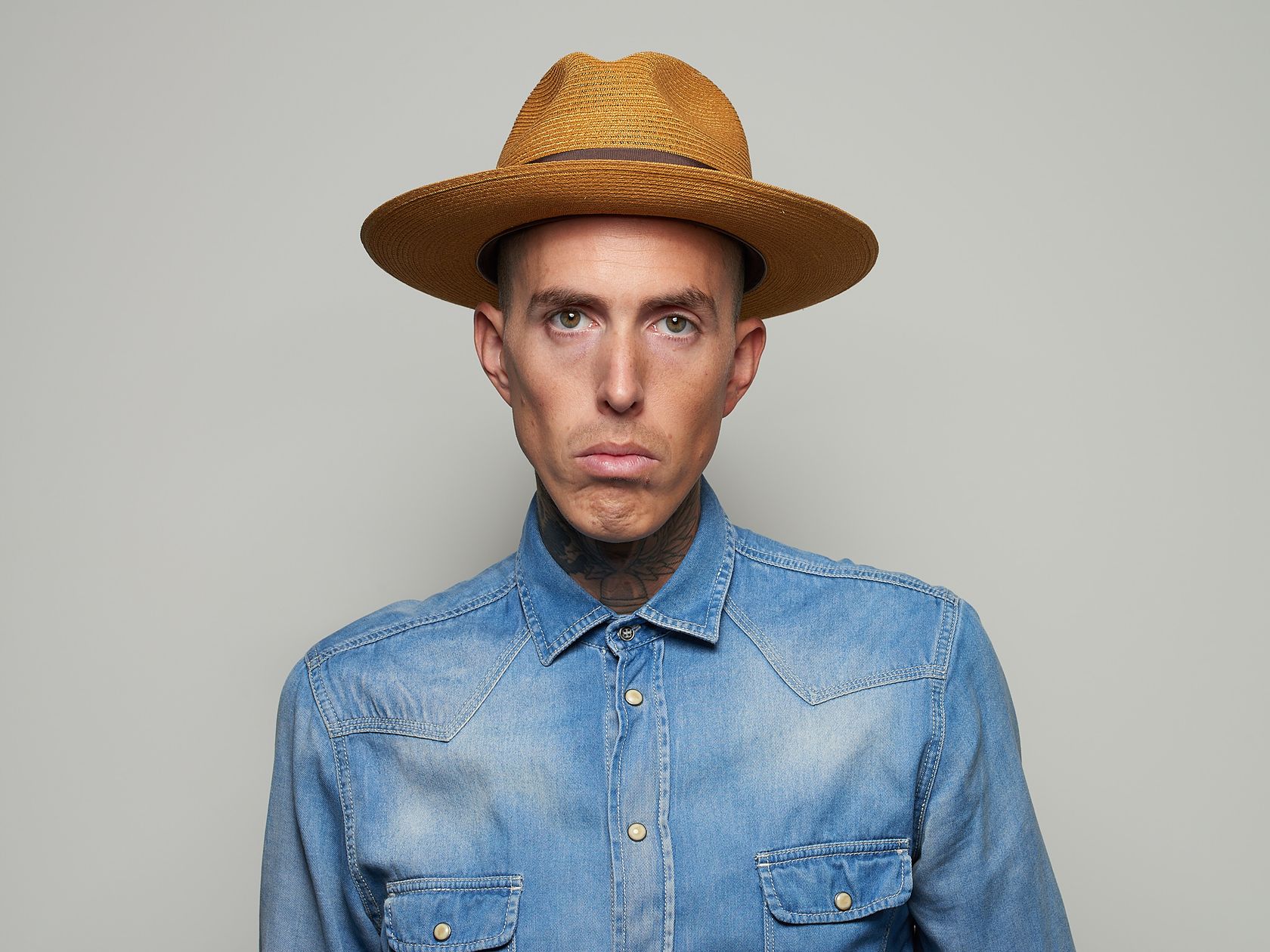
This ensures that I’m not getting any reflections from the floor and makes my neck and some facial features darker compared to no reflector at all.